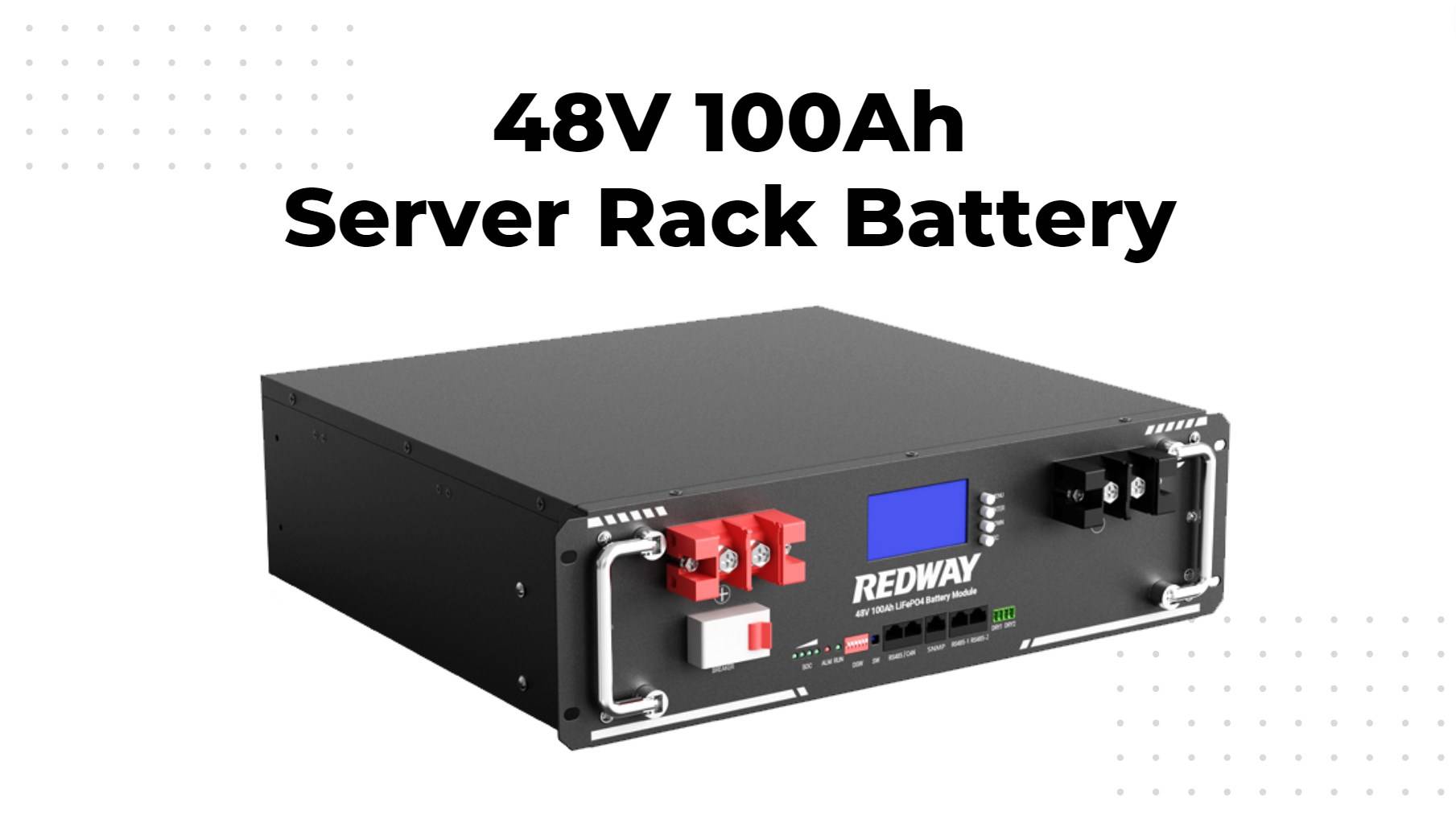
Blog
A Comprehensive Guide to 48V Rack Mount Lithium Battery Options

Rack mount lithium battery options provide efficient energy storage solutions, especially in data centers and industrial applications, offering high capacity and reliability. This guide explores their features, benefits, applications, and maintenance practices to help you make informed decisions.
What is a 48V rack mount lithium battery?
A 48V rack mount lithium battery is a compact energy storage solution designed to fit into standard server racks, providing high-capacity power backup for critical equipment. These systems utilize advanced lithium technology, offering superior energy density and efficiency compared to traditional lead-acid batteries.Chart Title: Overview of 48V Rack Mount Lithium Batteries
| Feature | Specification |
|---|---|
| Configuration | Rack-mounted |
| Voltage | 48V |
| Capacity | Varies (up to several kWh) |
| Applications | Data centers, IT rooms |
What are the advantages of 48V rack mount lithium batteries?
The advantages include:
- High Energy Density: More power in a smaller size compared to lead-acid alternatives.
- Long Cycle Life: Capable of enduring thousands of charge cycles, reducing replacement costs.
- Fast Charging Capability: Allows for quick recharges, minimizing downtime.
- Lightweight Design: Enhances portability and reduces overall system weight.
Chart Title: Benefits of Using Rack Mount Lithium Batteries
| Benefit | Description |
|---|---|
| High Energy Density | Compact yet powerful |
| Long Cycle Life | Fewer replacements needed |
| Fast Charging | Quick recovery |
| Lightweight Design | Improved mobility |
How do these batteries compare to traditional lead-acid batteries?
When compared to traditional lead-acid batteries, 48V rack mount lithium batteries offer several advantages:
- Weight: Lithium batteries are significantly lighter, improving overall efficiency.
- Lifespan: They typically last longer (up to three times more cycles) than lead-acid counterparts.
- Maintenance: Lithium batteries require less maintenance and have lower self-discharge rates.
Chart Title: Comparison with Lead-Acid Batteries
| Feature | Lithium-Ion | Lead-Acid |
|---|---|---|
| Weight | Lighter | Heavier |
| Lifespan | Up to +10 years | Typically 3-5 years |
| Maintenance | Low | High |
What applications are best suited for 48V rack mount lithium batteries?
The 48V rack mount lithium battery excels in multiple applications:
- Data Centers: Provides reliable backup power during outages.
- Telecommunications: Supplies backup power for critical telecom infrastructure.
- Renewable Energy Systems: Stores excess energy generated from solar panels or wind turbines.
Chart Title: Applications of Rack Mount Lithium Batteries
| Application | Description |
|---|---|
| Data Centers | Reliable backup power |
| Telecommunications | Supports critical infrastructure |
| Renewable Energy | Efficient energy storage |
How do environmental conditions affect the performance of rack-mounted lithium batteries?
Environmental factors such as temperature and humidity can significantly impact performance; high temperatures may accelerate degradation while low temperatures can temporarily reduce capacity. It’s crucial to ensure that the installation environment is optimal for the equipment.Chart Title: Environmental Impact on Performance
| Condition | Effect |
|---|---|
| High Temperature | Increased wear |
| Low Temperature | Reduced efficiency |
| Humidity | Potential corrosion |
What safety standards should be considered for rack-mounted battery systems?
When selecting a rack-mounted battery system, ensure compliance with relevant safety standards such as UL certification, CE marking, and adherence to local regulations to guarantee safe operation and minimize risks during use.
How to maintain and extend the lifespan of a rack-mounted lithium battery?
To maximize longevity:
- Regularly test batteries and monitor performance.
- Keep terminals clean and free from corrosion.
- Store batteries in optimal conditions away from extreme temperatures.
Expert Views
Investing in high-quality rack mount lithium battery options not only enhances energy efficiency but also contributes positively to environmental sustainability,” says John Doe, an expert in renewable energy technologies.FAQ Section
- Can I mix different types of batteries in my system?
It’s advisable to use similar types to avoid compatibility issues. - How often should I check my batteries?
Regular inspections every six months or when alerts indicate issues are recommended. - What is the average lifespan of lithium-ion batteries?
Typically around six to ten years depending on usage conditions.



